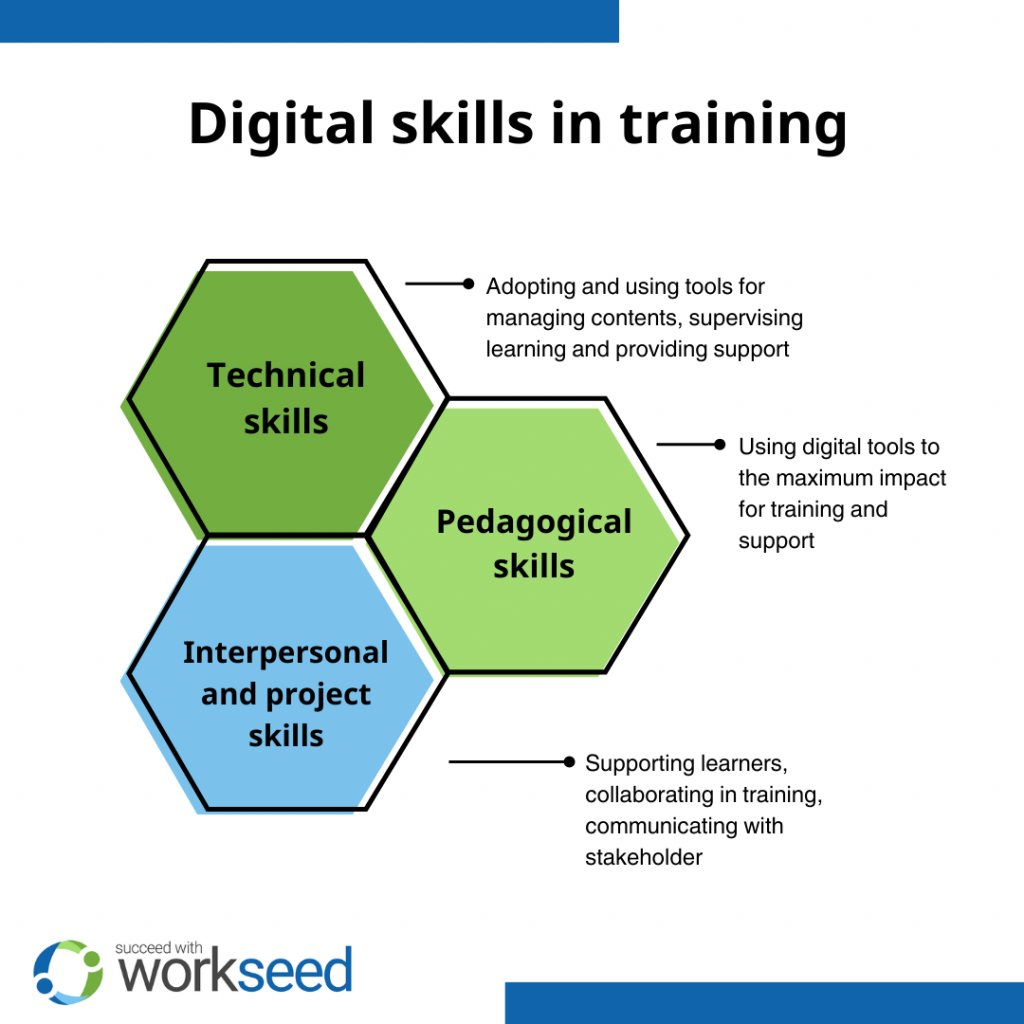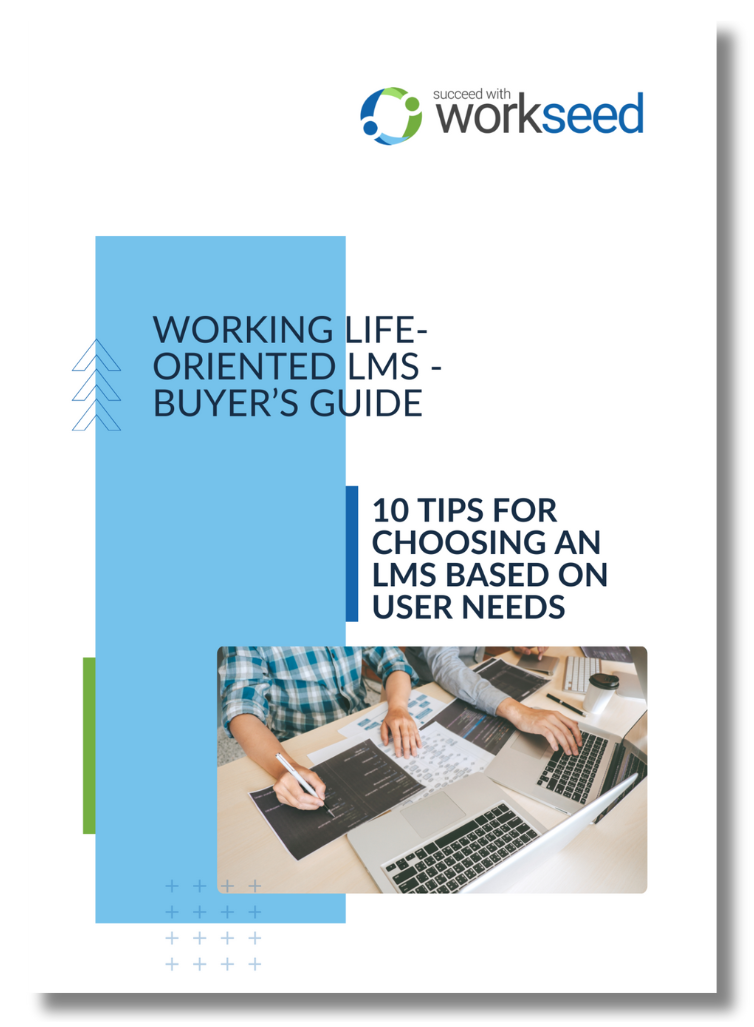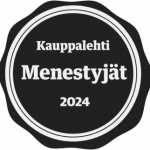Use of digital tools has become a cornerstone of education. Vocational training is no exception. The adoption of new tools provides new opportunities, but also puts new demands on teacher training and skills.
Digital skills are broader than often assumed. Using digital tools efficiently for education is more than simply mastering a list of technical skills. Rather, digital teaching requires a holistic range of technical, pedagogical, and project management skills.
This article lists some key skills that vocational teachers tend to perceive as particularly challenging. These skills reflect increasing student autonomy, competency based learning, and working-life oriented learning.

1. Digital content production
Creating pedagogical contents and teaching materials is a core part of vocational teaching. Large majority of teachers we work with create their own materials, and many share their materials with colleagues.
Digital learning introduces new learning situations. New types of content are often needed, requiring teachers to acquire new content production skills. Use of multimedia, interactive contents, flexible student projects, and new kinds of group works are becoming increasingly common.
Creating presentations, quizzes, videos, and interactive lectures are common tasks for most teachers. At the same time, many of our partner teachers see content production as laborious and call for more resources and support for their work.
A key digital skill is understanding how to make most of the new tools – and having an open mind to try new ways to teach.
2. Pedagogically sound use of learning environments
When assessing their own digital skills, teachers tend to focus on the technical mastery of different tools for teaching, messaging, or project management. These digital skills are often relatively easy to learn, teach, and measure. This is why teachers usually receive the most support to learn technical skills.
While understanding the technical aspects of tools is important, it should not overshadow using them meaningfully to achieve pedagogical goals. Many teachers we work with assess their technical skills as higher than their pedagogical skills to apply the tools in practical situations.
This is why the second item on this list is applying digital tools for their intended purpose in practical teaching. Making the most of the available tools in a way that engages students and achieves learning goals is the cornerstone of teachers’ digital skills.
3. Individual counseling of students
Expanding use of technical tools changes how schools assess, support, and counsel their students. Students are granted more autonomy and flexibility – but also more responsibility as to their learning. At the same time, learning through internships and apprenticeships has increased.
These changes put pressure on teachers to change the way they provide support for their students. While teachers have less opportunities to spend time face to face with individual students, they bear no less responsibility over their learning. On the contrary, teachers are now more important than ever for students’ wellbeing.
The main problem for counseling students is the lack of contact, insufficient data on learning, and the lack of communication. Teachers worry that students are easily left alone with their problems.
This is why maintaining touch with students and providing sufficient interpersonal support constitutes a key digital skill. Making the most of messaging and project management tools to compensate for lack of face-to-face time is critical for identifying problems and providing feedback.
4. Project management and communication
Vocational teacher works in a challenging expert role. An important aspect of the job is managing complex projects, collaborating with other experts, and exchanging ideas. Digital tools can provide crucial help for this, making project management a key digital skill.
Teachers routinely message with students, other teachers, internship supervisors, and in many cases also with students’ parents. Teachers need to collect data on how their students are doing, provide valuable feedback, share their expertise, and collaborate.
Thus managing multiple interrelated tasks and negotiating with other people are a central part of teaching. Managing complexity is easier with the right tools, as it saves time, guarantees sufficient documentation and transparency, and provides new channels for communication. This makes project management also a digital skill.
5. Critical media skills
Teachers have access to all the information in the world through the internet. As the quantity of data increases and content production is being democratized, being able to consume content critically becomes important.
Critical reading skills are important for teachers first because their ability to assess and choose sources directly impacts the quality of their teaching materials.
But at the same time, teachers bear a responsibility to teach media skills to their own students. Vocational education aims to produce competent professionals with the ability to independently develop their skills. Critical thinking is a key professional skill that teachers must be able to teach, as well.
The challenges of modern vocational teaching and Workseed LMS
Workseed LMS has been developed by a multiprofessional team of experts in close collaboration with vocational schools and universities of applied sciences – members of our staff also have teaching experience. This is why we have a good grasp of modern problems vocational teachers have to deal with.
Workseed aims to make monitoring learning, counseling students, and producing new contents as easy as possible for teachers. Our goal is to provide teachers with an extra pair of hands to better manage competency based and working-life oriented learning.
“Our goal is to provide teachers with an extra pair of hands to better manage competency based and working-life oriented learning.”
In case you are considering an LMS for better management of learning in vocational education, we recommend reading our popular blog post on the 10 most important criteria to consider in a learning management system.
If you want to know more about Workseed and its use cases, you can also book a demo with our experts. We can present different ways Workseed can facilitate your work and improve learning outcomes.




